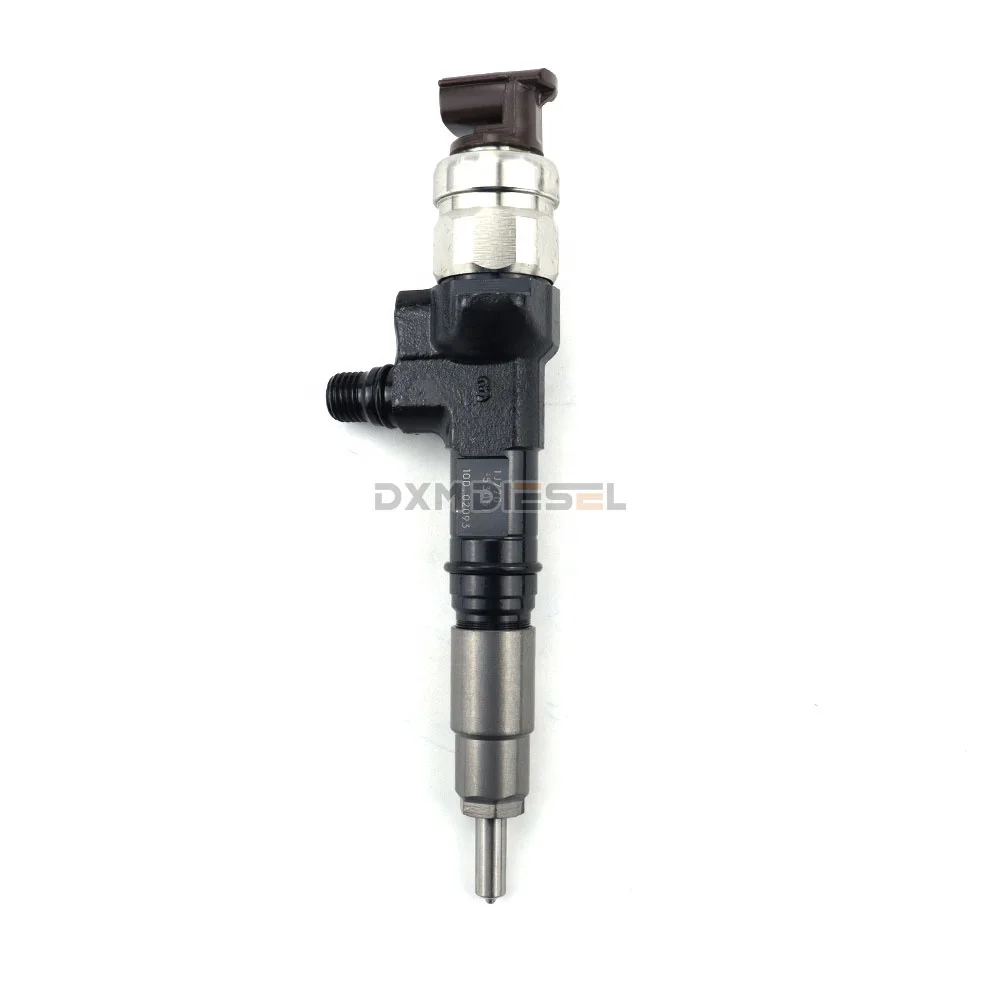Green fuel is the type of fuel that does not have a negative impact on human health and animals, as well for an environment when it burn off; therefore there should be nothing harmful to humans organisms. A sustainable replacement to the traditional non-renewable fuels which are exhaustible, this eco-friendly fuel is extracted from renewable sources such as plants, waste and algae. Now, this nature of fuel known as Biofuel is a valuable natural organic energy resource that can help create and maintain the environment.
Biodiesel is a type of biofuel that can be made from vegetable oils (for example soybean oil), animal fats or recycled grease. As I noted in last year's drive report, biodiesel has a number of environmental benefits including cleaner burning & lower emissions compared to conventional diesel fuel. It also runs in existing diesel engines, and the infrastructure supports millions of drivers on a daily basis.
There is plenty of leading-edge tech on hand to restore the environmental credentials of diesel engines in recent years. These technologies, aside from enhancing fuel economy also results in lower emissions while improving overall engine efficiency. Sophisticated components such as injectors, for instance help deliver precise fuel injection into each cylinder to enhance fuel efficiency. Plus an exhaust-gas recirculation (EGR) systems that return emissions to the engine, reducing tailpipe output. Selective catalytic reduction (SCR) systems and diesel particulate filters (DPFs) further help control the emissions of nitrogen oxide*(*2)(NOx)* as well as particulate matter(PM), pollutants that are harmful to human health, leading to increased motality rates.
Clean diesel technology combines an advanced engine design with ultra-low sulfur diesel fuel, and emissions control systems to achieve clean air standards. The most common example of such technology is a diesel electric hybrid (DEH) vehicle that couples modern electrical motors with efficient diesel engines to provide the mobile and clean energy. These buses, built for intercity travel contribute to lessening air pollution and increasing mode of transportation.
Special technologies such as SCR systems for conditioning emissions and DPFs were brought in to handle the emissions control. Selective Catalytic Reduction systems inject a solution of urea, typically known as diesel exhaust fluid (DEF), into the exhaust stream where it reacts with NOx to make nitrogen and water vapor. DPFs, on the other hand catch particulate matter before it goes into the air aim of DPF to have clean ambient air.
In short, renewable diesel technologies have come a long way in recent years due to the combination of sustainable fuels and cutting-edge engine management with emissions control. As research and development continues, diesel powertrains are going to become yet cleaner in the future but given being such down vote over negative points for them now this is laying your money on trust that they will keep working toward more sustainable form of transportation.
 EN
EN
 AR
AR
 PT
PT
 RU
RU
 ES
ES
 ID
ID
 TH
TH
 MS
MS



